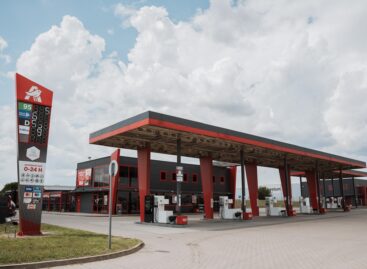Market pressure instead of rational business decisions
Domestic turnover cannot be estimated and foreign experience is diverse. A Gazdasági Versenyhivatal expects to see fast market development and more competition as a result of new legislation about the liberalisation of the pharmaceutical market. “The year of learning” as Lajos Molnár, minister of health, calls 2007 has begun. New legislation was born after long disputes regarding the foreseeable effects of the changes in the retail trade of medicine. Pharmacists worried about their businesses, argued against liberalisation, whereas other retailers saw a new opportunity to attract customers. Hardly any numbers were used in the arguments, as it is very hard to estimate how many customers will use the new channels open to them. More mobile customers, who do not visit pharmacies often, will probably welcome the opportunity to buy pain killers or vitamins in hyper markets or petrol stations, but most customers will continue to buy OTC products with other medicine in pharmacies. Dr. Antal Feller, sales and marketing manager of Hungaropharma ZRt. expects no more than HUF 3 billion of turnover to be generated in the new channels. In countries where OTC products have been available outside pharmacies for a long time (like the UK) more than 30 per cent of total turnover is generated in the non-pharmacy segment. In recently liberalised markets like Denmark, or Italy, there was no rush for OTC products and still only a limited number of stores keep them in stock. As a result of far more complicated logistics, wholesalers cannot provide the kind of strategic support for retailers which they are accustomed to in the FMCG market. Manufacturers are not too enthusiastic about supplying new channels either as logistic costs seem to be too high to make these lucrative enough. On the other hand, 250 new pharmacies are expected to open by the second half of 2007 in shopping centres, and hyper markets.
Related news
Related news
Small gas stations have taken a breather
Resolute action and mutual negotiation skills were needed to keep…
Read more >They want it to be premium, but also sustainable – expectations of the youngest generation
GlobalData’s latest report, “Demographics in Retail and Apparel” – which…
Read more >Company expectations: many employers plan to expand their workforce next year – Profession.hu
Domestic companies are preparing to recruit, and in many places…
Read more >




